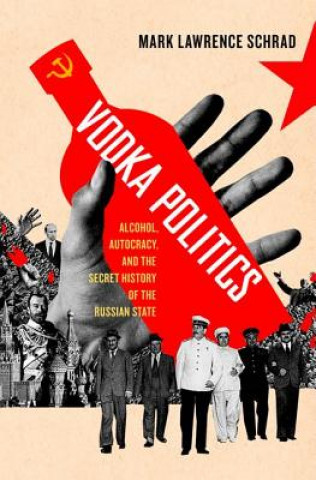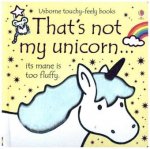
Doručení
Nákupní rádce





Nehodí se? Vůbec nevadí! U nás můžete do 30 dní vrátit
 Dárkový poukaz
V libovolné hodnotě
Dárkový poukaz
V libovolné hodnotě
S dárkovým poukazem nešlápnete vedle. Obdarovaný si za dárkový poukaz může vybrat cokoliv z naší nabídky.
Vodka Politics
 Angličtina
Angličtina
 196 b
196 b
30 dní na vrácení zboží
Mohlo by vás také zajímat


Russia is justly famous for its vodka. Today, the Russian average drinking man consumes 180 bottles of vodka a year, nearly half a bottle a day. But few people realize the enormous-and enormously destructive-role vodka has played in Russian politics. In Vodka Politics, Mark Schrad reveals that almost every Russian ruler has utilized alcohol to strengthen his governing power and that virtually every major event in Russian history has been tinged with alcohol. The Tsars used alcohol to dampen dissent and exert control over their courts, while the government's monopoly over its sale has provided a crucial revenue stream for centuries. In one of the book's many remarkable insights, Schrad shows how Tsar Nicholas II's decision to ban alcohol in 1914 contributed to the 1917 revolution. After taking power, Stalin lifted the ban and once again used mandatory drinking binges to keep his subordinates divided, fearful, confused, and off balance. On such occasions, a drunken Khrushchev routinely pushed the drunken Soviet Deputy Defense Commissar Grigory Kulik into a nearby pond. Under Gorbachev the pendulum swung back the other way, but his crackdown on alcohol consumption in the 1980s backfired, exacerbating the Soviets' fiscal crisis and hastening the 1991 collapse. Today, chronic alcoholism has created a massive health crisis, and life expectancies for men have fallen to an alarmingly low 59 as a consequence. Schrad argues that Russia's storied addiction to vodka is not simply a social problem, but a symptom of a deeper sickness-autocracy. Indeed, Schrad shows that alcoholism and autocracy have gone hand-in-hand throughout Russian history. Drawing upon remarkable archival evidence and filled with colorful anecdotes of the enforced drunkenness Russian leaders imposed on their courts, Vodka Politics offers a wholly new way of understanding Russian political history.
Informace o knize
 Angličtina
Angličtina
Kategorie




 Jak nakupovat
Jak nakupovat

































